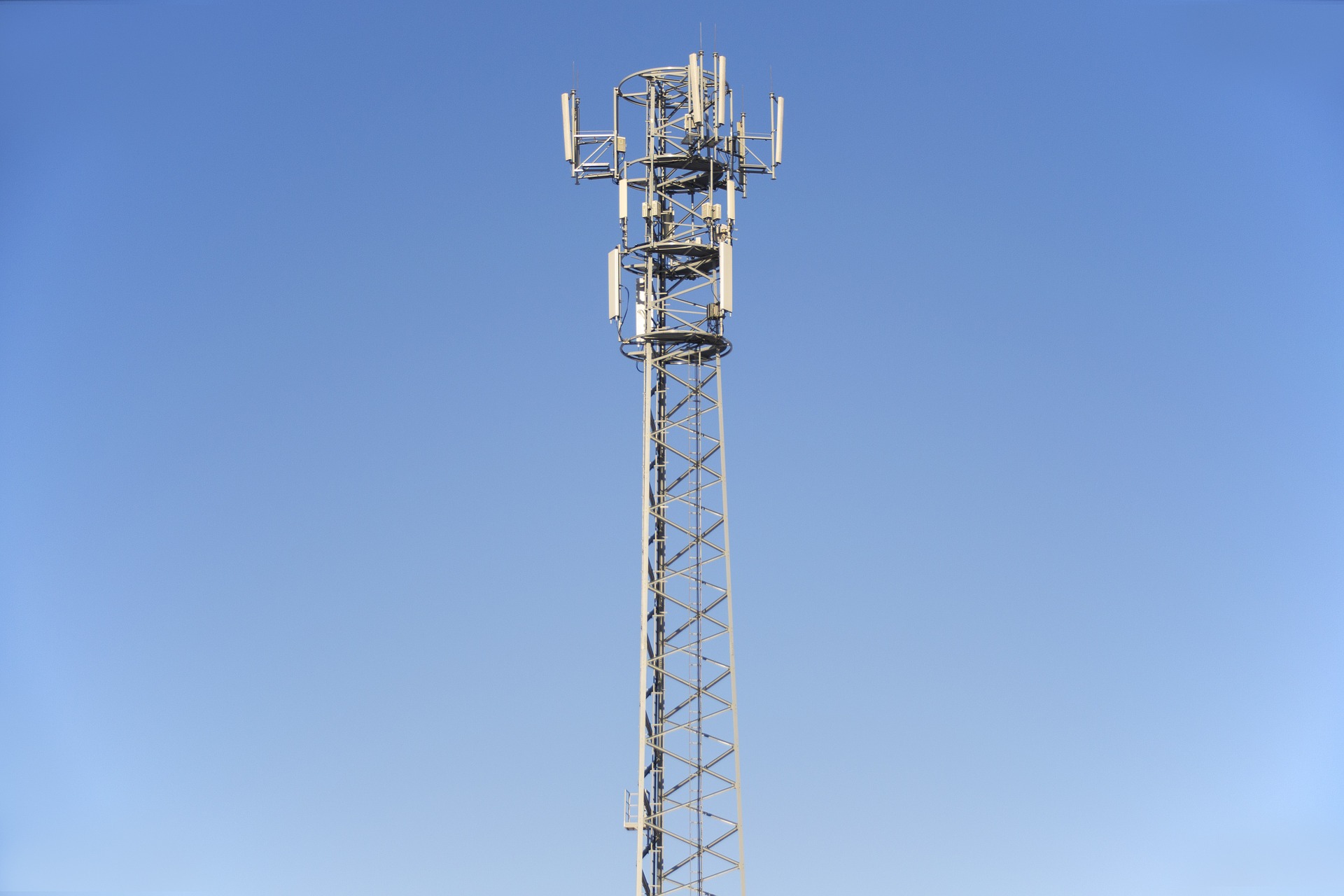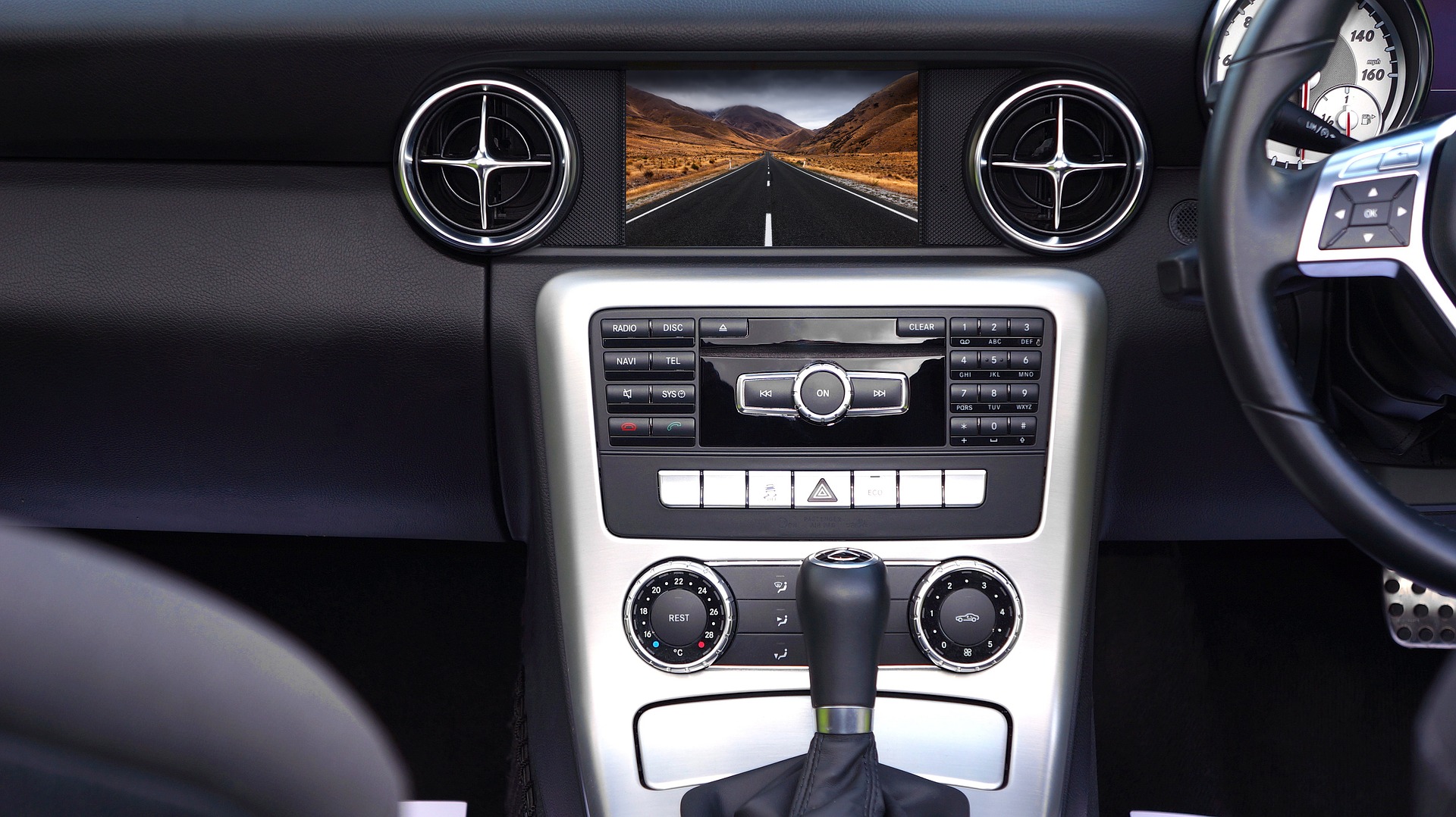

Disklabs Ltd are proud to have gained another sole supplier law enforcement contract in 2023. This means we will continue to provide IT Services to one of our local law enforcement partners in the Midlands for another 4yrs. Its our pleasure to have worked with Leicester Police for nearly 20 years who will now continue to benefit from our from our agile approach, technical services and R & D innovations when outsourcing their digital forensics, forensic data recovery, data disposal and certified data erasure requirements.

We’re incredibly pleased to have been awarded the ICO RM1043.7 – Digital Forensic Examination contract for the third time running.
Disklabs have always focused on a partnership approach and we believe this latest contract awards gives the ICO all the benefits of consistency and stability through the continued provision of a quality Digital Forensic Examination services to their criminal and civil investigation teams. Disklabs Ltd is fully committed to supporting the ICO so they can continue to do excellent work as the UK’s independent regulator, upholding information rights in the public interest, promoting openness by public bodies and data privacy for individuals.

Disklabs Ltd are proud to have gained another sole supplier law enforcement contract in 2023. This means we will continue to provide IT Services to one of our UK law enforcement partners for a further 2yrs. Its our pleasure to have worked with South Wales Police for over 7 years who will now continue to benefit from our agile approach, technical services and R & D innovations when outsourcing their digital forensics, forensic data recovery, data disposal and certified data erasure requirements.

The defence team will instruct an expert in Cell Site Analysis, to review the prosecution’s Cell Site report. This review will;
Once the Cell Site Review has been undertaken, in order to fulfil the obligations of the defence counsel, it will be necessary to re-examine some or all of the cell site analysis work. This is done to ensure that the original readings are accurate as an incorrect reading could mean that the suspect has been attributed to a place that he or she wasn’t. The examination aspect is conducted utilising the same methodology used for a full re-examination (see below).
The analysis is generally conducted in one of two ways:
One.
Travelling to each location of interest highlighted by the prosecution and taking measurements to determine the best serving cell or cells with respect to each specific location. This is known as a Spot Report.
Two.
Travelling in and around the area covered by a particular cell to determine the overall coverage. This is known as a Full Coverage Report. The Full Coverage Report frequently involves numerous hours of cell site readings, depending on the geographic area covered by the cell. It should be noted that cells located in city centres generally will cover a smaller area than those located in rural areas.
Both Spot Report and Full Coverage Reporting methods provide a validated indication to the coverage of the cell, however, a Full Coverage Report can geographically be represented on a map to show the extent of coverage with the most probable areas or locations where the call is most likely to have been connected.
Spot Reports will only show the coverage measured at specific locations and does not represent other areas where a call may have connected. Each case has to be determined as to which is the appropriate examination is to be used.
The specialist network equipment used to conduct these measurements is essentially a mobile phone enabled with specialised software and a GPS system which is installed within a vehicle. This bespoke equipment will allow the user to monitor, or if necessary adapt, the way in which a mobile phone responds to the network. This bespoke equipment is also connected to a GPS system which can record the precise location where each measurement is taken.
All the measurements recorded by the Cell Site Analysis Expert are then compiled into log files, which are then analysed back at the laboratory. The analysis of this data is manually undertaken and is often very time-consuming. The data is then plotted onto ordinance survey maps to show which cells provide coverage with respect to a single location, or the full coverage plots.
The results of the readings are used to compile a new report. The new report is then analysed against those from the prosecution’s report, to ascertain if there are any discrepancies. If any discrepancies are found, they assist in the defence by discrediting the prosecution’s evidence or if its inaccurate, the prosecution’s evidence/case is likely to be thrown out.
All findings are compiled in a clear and concise report with associated ordinance survey maps of varying scales, to visually represent locations of interest and cell coverage.
Cell Site Analysis is predominantly used by the prosecution to prove the whereabouts of a mobile phone at a particular date and time.
It is important to note that Cell Site Analysis only proves where the phone was, not the user. Further analysis is required to ascertain if the phone was in the possession of the suspect by examining activity such as texting, phone calls, browsing and app usage.
Disklabs has a team of Cell Site Analysis experts ready to support you. Our commitment to all-in pricing, wherever possible, means that we avoid hidden extras as the trial process continues.
Call us on +44(0)1827 50000 or use our contact form to let us know your requirements today.
Disklabs – comprehensive cell site analysis for defence counsels

Satellite Navigation, often known as Sat-Nav, Sat Nav, SatNav, GPS Nav, GPS-Nav, or GPS nav is used commonly as a route finder on all forms of transport.
Standard Sat Nav is used in vehicles to give drivers directions and provide accurate route analysis, and by people who walk, run or orienteer. Marine Sat Nav is used to help ship steer accurately while Aircraft GPS is the form of Sat Nav used to accurately pinpoint the position and direction of aircraft.
Originally developed for military use Sat Nav devices are now commonly used by the general public and available in a wide range of devices and applications. Â The use of Satellite Navigation systems in cars (either as a standard item of equipment or a portable device) naturally provides the greatest opportunity for accessing userful data.
Most Satellite Navigation systems have  management software and a variety of logs and configuration files that can be examined and broken down into readable and understandable data. Examination and interpretation of this data enables Disklabs’ Sat Nav Forensics experts to identify requested destinations, directions given to drivers and journey times. This information is naturally of great interest to law enforcement officers, defence lawyers, or employers for instance. Importantly it can be treated as admissible evidence in criminal and civil cases, provided appropriate evidence-gathering rules have been followed.
Law Enforcement Officers.
The police, or other law enforcement agencies, may be able to exactly pinpoint the position of an accused person if that person used a Satellite Navigation system. If an accused person states that he was in one place, but his car Satellite Navigation system states that at the time that the vehicle was 200 miles away, the information given adds to the intelligence that the law enforcement agency has against the accused, or is even enough to charge the said accused person.
Prosecutors.
The prosecutors often work alongside the law enforcement agencies, and as such will use the information gained in Satellite Navigation forensics in the same way.
Defence Lawyers.
Defence lawyers are there to examine any and all evidence and try and pick flaws in it. If a law enforcement agency has not yet examined the Satellite Navigation system, the evidence produced may well be enough to have the accused proved innocent or cast doubt over his guilt. It is this reason that the more and more defence lawyers are turning to Satellite Navigation Forensics.
Employers.
Subject to the company handbook, the employees contract, and the company acceptable usage policy, (AUP), the employer may have the right to examine the Satellite Navigation systems of its mobile employees. This service is being used as employees want to know that their staff are indeed using their working hours efficiently. They may also use this service if they believe that the employee is not being as honest with their work details as they perhaps should.
Disklabs has a team of digital forensics experts who can analyse a wide variety of electronic devices, including Satellite Navigation systems, for criminal, civil and corporate investigations.
Call us on +44(0)1827 50000 or use our contact form to let us know your requirements.